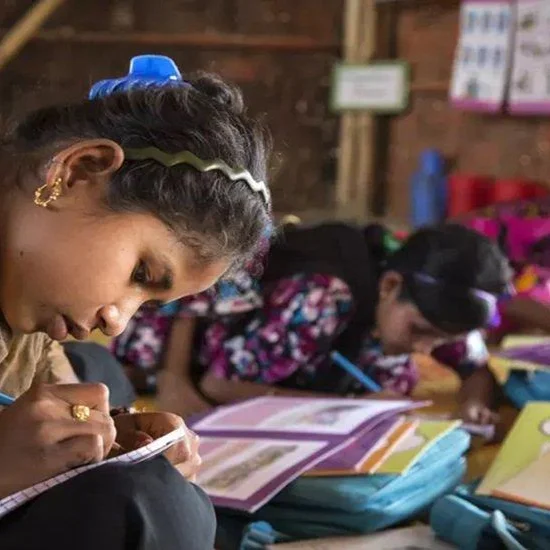The Supreme Court is now examining a case concerning whether Rohingya refugee children can attend schools managed by the Municipal Corporation of Delhi (MCD). This review follows a special appeal against an earlier decision by the Delhi High Court. Previously, the High Court had chosen not to order the MCD to enroll these children, who are originally from Myanmar. An NGO, represented by advocate Ashok Agarwal, initiated the case, stressing that all children, including refugees, have a right to education.
Justices Surya Kant and N.K. Singh have recognized the importance of this issue and the need for careful consideration. The petitioner argues that education is a basic right for everyone living in India, regardless of their legal status. Therefore, the court is now evaluating the legal and social aspects of ensuring refugee children have the chance to go to school. This case brings attention to the critical issue of equal access to education and the obligations of local government.
The Delhi High Court had previously stated it could not force MCD schools to accept these particular children, prompting the NGO’s appeal to the Supreme Court. The Supreme Court’s decision to hear the case could significantly change education for refugee children in India. Furthermore, according to Ashok Agarwal, the NGO’s advocate, the goal of the legal action is to secure admission for Rohingya children into MCD schools. The final ruling will likely impact how refugee children are treated within the education system and may serve as an example for similar future cases.
